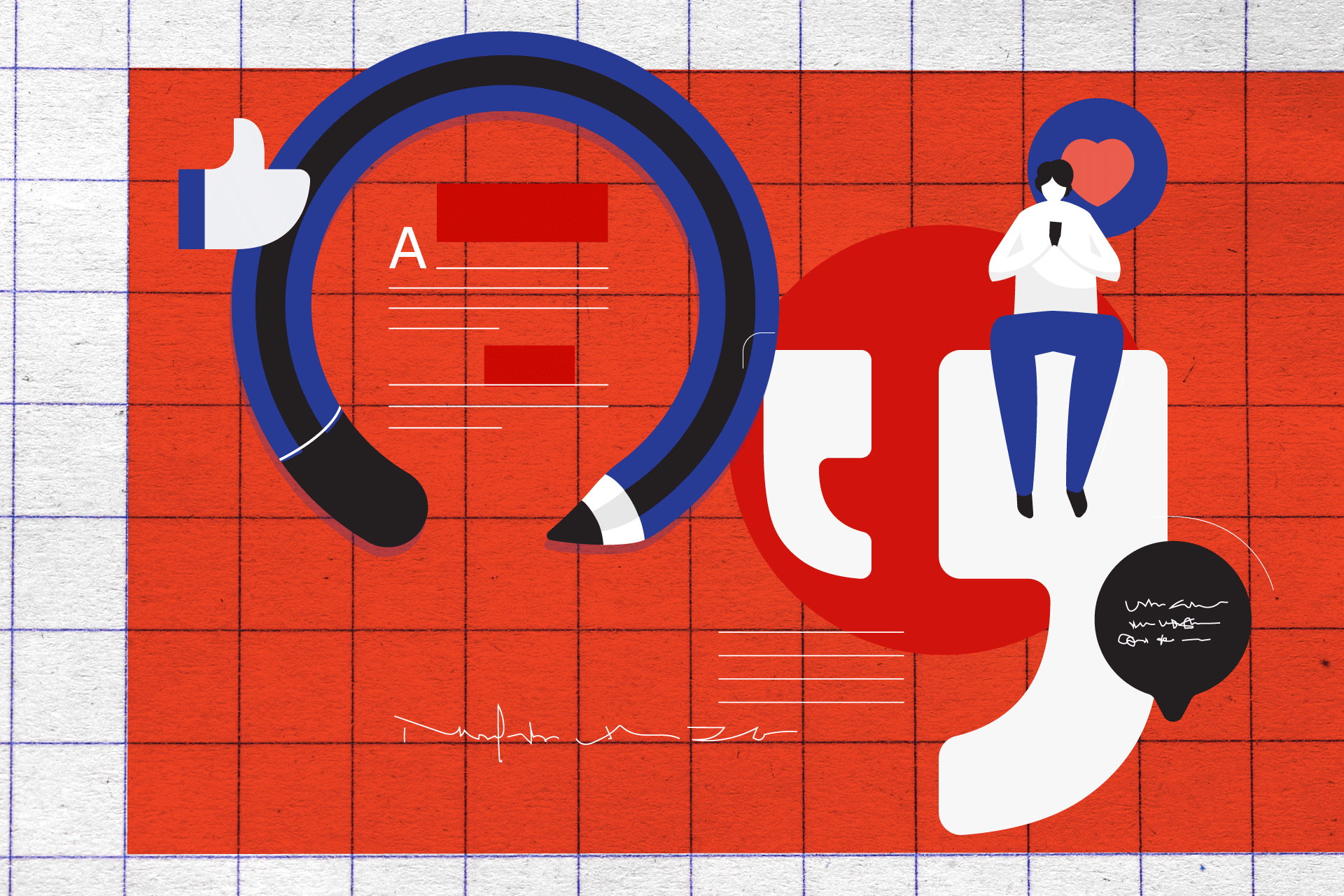


In the proposal world, we are all continuously working to improve and hone our skillsets.
One of the most important steps to becoming a credible proposal professional is to earn an Association of Proposal Management Professionals (APMP) certification. But what is the APMP?
APMP offers the leading industry-recognized certification program for professionals working in a bid and proposal environment and is the global standard for developing and demonstrating proposal management competency. Proposal professionals who receive their APMP certification can become more valuable to their employers. According to an industry benchmarking study, conducted by the BD-Institute and APMP:
"Organizations that employ appropriately competent professionals in proposal management roles tend to win significantly more business than those who do not."
The APMP offers three different certifications: Foundation, Practitioner, and Professional:
.jpg?width=125&name=APMPFoundation_250%20(1).jpg)
You can sit for the Foundation Certification if you are a proposal professional with one to three years of experience . This level demonstrates extensive knowledge and understanding of best practices.

You can sit for the Practitioner Certification if you are a proposal professional with three to seven years of experience. This level demonstrates a mastery of how to apply best practices and lead others in their use.

You can test for the Professional Certification if you are a proposal professional with seven or more years of experience. This level demonstrates significant contributions to an organization and/or the profession, as well as proven leadership and communications skills.
This article will discuss the first certificate, the APMP Foundation Certification, and how you can prepare to pass the test.
To get the Foundation Certification you must be a proposal professional with one to three years of experience. In addition, you must demonstrate an extensive knowledge and understanding of proposal best practices.
The Foundation certification is an hour-long, multiple-choice test with a total of 75 questions. To pass this test, you will need to get around 42 correct questions. The cost of the test is $400 for APMP members or $600 for non-members.
The APMP provides you the necessary tools to study for the exam. They offer a package that includes a study guide and a glossary that you can purchase.
You can also find a sample test on the APMG website (the governing body for the APMP Certification). Completing the sample test will give you a sense of how you might score on the actual final exam. The sample test is available at the following link: Sample Papers (apmg-international.com).

One of the most effective ways to study for such a compliant-focused exam is by getting a study partner. You may be able to find a co-worker that also has the goal of becoming APMP certified and can help you to stay accountable. This is a helpful method that many of my Key Solutions teammates and I used to get Foundation Certified.
When you have a study partner, you can set up a study session to talk about your questions and areas of concern. You can also take the practice test, make notes regarding your lingering questions and concerns, and use those notes to study with your partner for the final exam!
If you and your study partner feel uneasy about any of the material, try to find an APMP Foundation Certified colleague who can help guide you in understanding the information.
Even though having a study partner is an excellent way to study and pass the Foundation exam, you should be aware of some potential challenges.
One of the biggest challenges you might face with studying for the APMP Foundation Certification is balancing work and study.
As a proposal professional, sometimes it can be challenging to balance and manage the time between work, family, your personal life, and studying to become APMP Certified. Setting aside a dedicated time on your calendar to study can help you to overcome this challenge.
Another challenge you might face is learning and understanding the 12 concepts on the APMP guide (practices areas).
To succeed on the exam, you will need to understand the background concepts of the industry functions for:
It is also essential to understand the proposal management tools and concepts, for example, the Gantt Chart, which is a tool that illustrates the proposal development plan. On the left side, the work breakdown structure outlines a list of tasks, and on the right side, a timeline with schedule bars displays a visualized work plan.
The purpose of the Gantt Chart is to manage and finish projects on schedule. Below is an example of a Gantt Chart.

One of the most common pitfalls when taking the test is not understanding the main concepts of the lexicon used for the exam. For example, it is critical to understand the following:
As a final point, it’s also important to note that the test is written in British English. The APMP has worked to standardize terms globally, so you can expect to see terminology that may differ from the terms you are familiar with.
It can be helpful to create a cheat sheet for the standard terms and what you more commonly call them in your proposal practice (e.g., for the U.S. Federal space, you might list: Opportunity = Capture, Bid = Proposal, Account Manager = BD Manager).
One of the critical steps to becoming a credible proposal professional is to become APMP certified. As you prepare for the exam, make sure to set aside dedicated study time, consider getting a study buddy, and focus your efforts on understanding the key concepts as outlined in the APMP Foundation Study Guide.
These recommendations can help you successfully prepare for passing the APMP Foundation exam. Good luck!
Jeannette Calderon is a Sr. Graphic Designer, Desktop Publishing, and Production Specialist at Key Solutions. She has a strong background in graphic design, illustration, and motion graphics and is APMP Foundation certified. She excels at creating modern, impactful, and compliant proposal designs that tell a company's story.